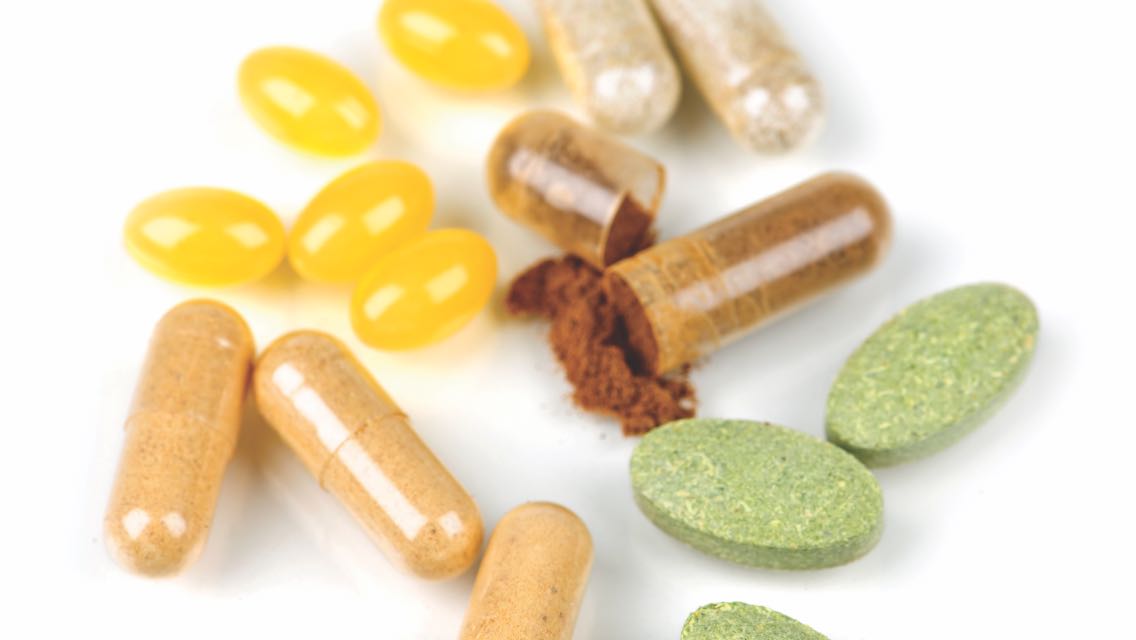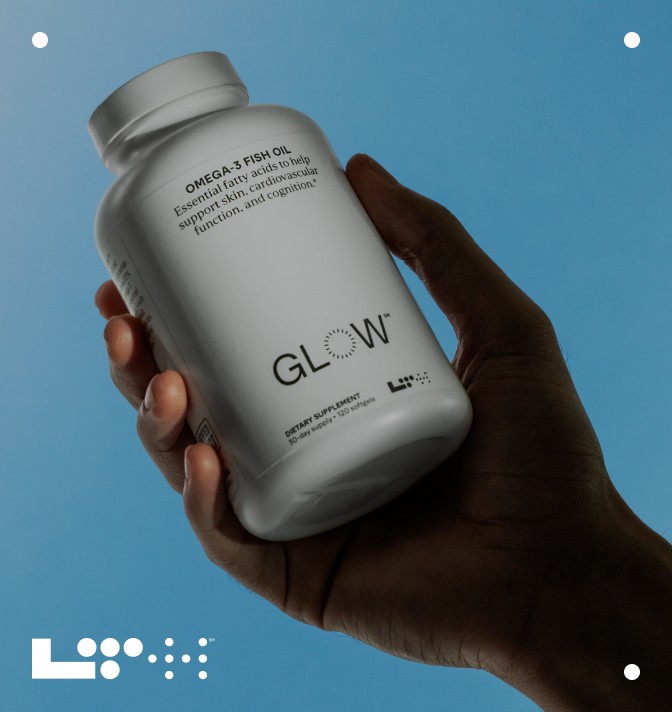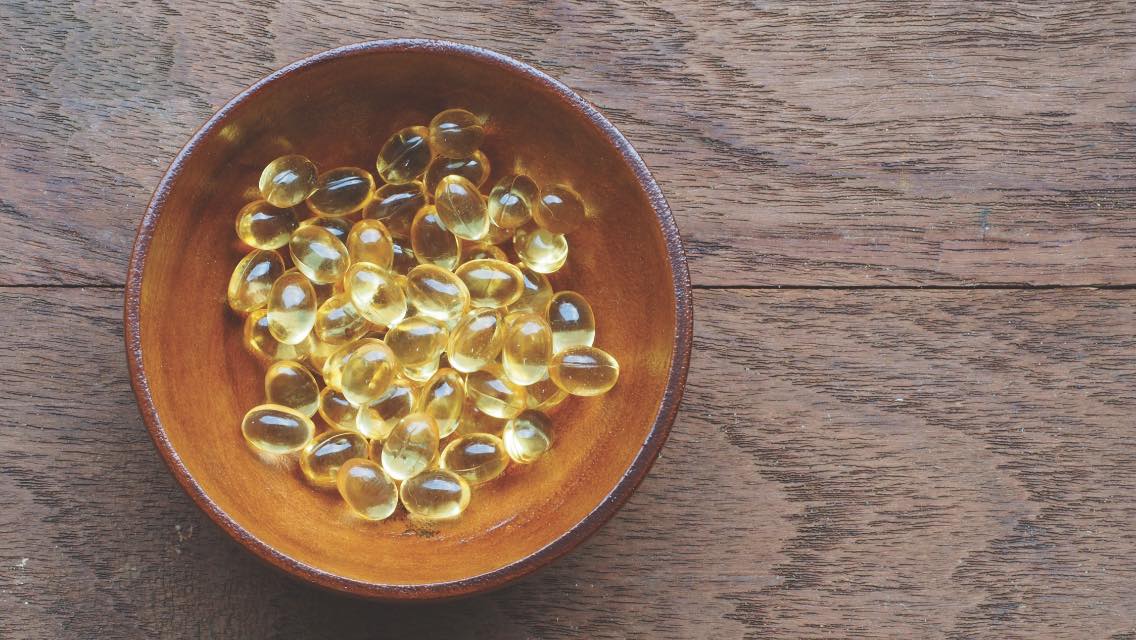Taking a high-quality multivitamin is perhaps the easiest and fastest way to dramatically improve your nutrient intake. But what constitutes a high-quality multivitamin? And how can you identify low-quality multivitamins so that you don’t waste your money on them?
One note upfront: we are biased. We believe that the Life Time supplements are among the best you’ll find. We put an enormous amount of time and effort into ensuring they’re not only pure, but that they work. That said, even if you choose not to use Life Time supplements, this article can help steer you away from the poor-quality options found on many store shelves.
Why You Need a Multivitamin
When we refer to a “multivitamin,” we’re really talking about a multi-vitamin, multi-mineral supplement, or a supplement that includes most, if not all, of your essential micronutrients.
A micronutrient is an essential vitamin or mineral that must be consumed through diet or supplementation to maintain normal cellular and molecular function.
If you don’t use a quality multivitamin already, here are three reasons why you may want to consider it:
1. Today, vegetables and fruit contain fewer nutrients
Vegetables and fruit are not nearly as nutrient-dense as they once were. Farming today creates produce that grows bigger and faster and is more resistant to pests and climate challenges. Unfortunately, these super-sized vegetables and fruit lack the nutrient density of their smaller, more fragile ancestors. On top of that, soil has been depleted of nutrients over the past several decades. Since the soil is less nutritious, the plants that grow in it get less nutrition.
Research shows that today’s produce has less protein, calcium, phosphorus, iron, riboflavin, vitamin C, magnesium, zinc, vitamin B6, vitamin E, and vitamin A than in the mid 1900s.
As one study put it, “You’d need to eat eight oranges today to get the same amount of vitamin A that a single orange contained when our grandparents were young.”
2. Today’s lifestyle demands more vitamins and minerals.
We encounter more oxidative stress, emotional and physical stress, pollution, and other toxins than ever. We also get less sleep, movement, and time outdoors, which hampers our ability to recover from those stressors. Vitamins and minerals play important roles in helping us deal with stress and maintaining normal metabolic function.
3. The average meal is calorie-rich and nutrient-poor.
Even if you eat healthier than the average person, the majority of us still fall short of eating the recommended nine to 12 servings of vegetables and fruit every day. And even if you do, you read above why those servings aren’t as nutritious as they once were.
Note: It’s still important to consume plenty of actual fruits and veggies, as they contain substantial amounts of fiber, phytonutrients, and other nutrition. We want to aim to get as close as we can to the recommended serving size consistently, and a multivitamin can help fill in the gaps.
It’s also important to note that the Recommended Daily Intake (RDI) for vitamins and minerals is not an optimal amount. The RDI is only a level that should be enough for most people to avoid deficiency symptoms. A multivitamin helps you get a more optimal intake of nutrients, rather than just an adequate amount.
Who Needs A Multivitamin?
Based on the reality of today’s lifestyle and the nutrient density of the foods we eat, nearly everyone could benefit from supplementing with a high-quality multivitamin.
If you have specific needs based on your stage of life, the state of your health, or your fitness goals, you may also want to consider adding some individual nutrients on top of your high-quality multivitamin. For example, we often reference The Foundational Five, which are the five supplements we recommend for almost anybody. There are also certain seasons of life, such as pregnancy, where nutrient status deserves a close focus.
As with any supplement, always consult with a medical professional or your health care provider before making changes to your nutrition approach.
How Can You Identify a High-Quality Multivitamin?
We encourage prioritizing the quality of your multivitamin to make sure you’re getting the benefits out of it. In low-quality formulations, due to challenges with breaking the multivitamin down and low-quality forms of the nutrients used, you may not actually absorb the micronutrients. Some synthetic micronutrients can even be harmful to long-term health.
The following are some of the criteria we use to identify a high-quality multivitamin:
Does the multivitamin contain natural folate, or folic acid?
This is one of the first places to look when considering if a multivitamin is high-quality or not. If it contains folic acid instead of natural folate, it’s a non-starter.
Unfortunately, most dietary supplements do not use natural folate. Instead, they use folic acid, which is a highly-absorbed — but poorly-converted — synthetic form of vitamin B9.
Though the average person’s intake of folic acid is quite high, a large percentage of people cannot convert it to folate. Instead, folic acid levels remain high in the body, which can mask deficiencies in vitamin B12, affecting energy levels and mental function, and increasing the risk of cognitive decline with aging. For those who cannot convert folic acid to folate, they may also have an increased risk of cancer.
Look for a multivitamin that contains natural folate, such as 5-MTHF, methyltetrahydrofolate, Metafolin®, or Quatrefolic.
Does the multivitamin contain methylcobalamin, or cyanocobalamin?
Both methylcobalamin and cyanocobalamin are forms of vitamin B12, which is a vitamin that’s important for red blood cell and energy production. Cyanocobalamin is a cheap, poorly-absorbed form of vitamin B12 — it’s a synthetic form not found in nature.
Note: We’re not suggesting all synthetic nutrients are detrimental to health. Some can be produced as an exact match to what’s found in nature. But in some cases, like folic acid and cyanocobalamin, they could contribute to poor health.
Without getting too technical, to metabolize cyanocobalamin, your body must donate a methyl group, which can decrease glutathione levels, your body’s primary antioxidant. Methylcobalamin already has the methyl group attached and is the form of vitamin B12 already found in nature, so your body absorbs it properly.
Does the multivitamin contain high-quality mineral chelates?
Minerals like calcium, magnesium, and zinc are poorly absorbed in general. However, it’s possible to bind a mineral to an amino acid — which is called a chelate — and dramatically increase the rate at which it’s absorbed.
The best-absorbed mineral chelates are bisglycinates or glycinates. They are minerals bound to the amino acid glycine.
There’s a dramatic difference in cost between magnesium sulfate (a mineral salt) and magnesium bisglycinate, but if you can’t absorb the magnesium sulfate, what’s the point in taking it?
With that said, bisglycinate minerals take up a lot of space. Based on the design of a supplement, it’s possible that another form may be used to avoid the need for additional capsules or tablets. Because of the size, certain minerals like calcium and magnesium take up so much space that it isn’t possible to squeeze them into most multivitamins at optimal doses. That’s why we often recommend taking a standalone magnesium supplement.
Does the multivitamin contain vitamin K2?
Vitamin K2 is known to be more beneficial for heart health than vitamin K1. We also tend to get more K1 through other foods and nutrition. When a manufacturer takes the extra steps to include K2, which is more expensive than K1, it can be a signal that they’ve put some thought into the formula.
Does the multivitamin contain additional unique health-promoting ingredients?
Once the above criteria are addressed, we’ll then look at what else the product has to offer. For example, the Life Time includes TeaCrine® in the morning dose, which supports mental energy and clarity. The evening dose contains Relora®, which supports a calm mind and restful sleep.
A word of caution here, though: Many companies use these extra ingredients as “window dressing.” They put a dusting of them in the product so they can talk about them on the label. Life Time only puts extras in our supplements if they’re in doses high enough to make a difference.
As noted at the start, if you are now in search of a high-quality multivitamin, we stand behind and are proud of the quality of the multivitamin options we offer at Life Time. You can find them here.





